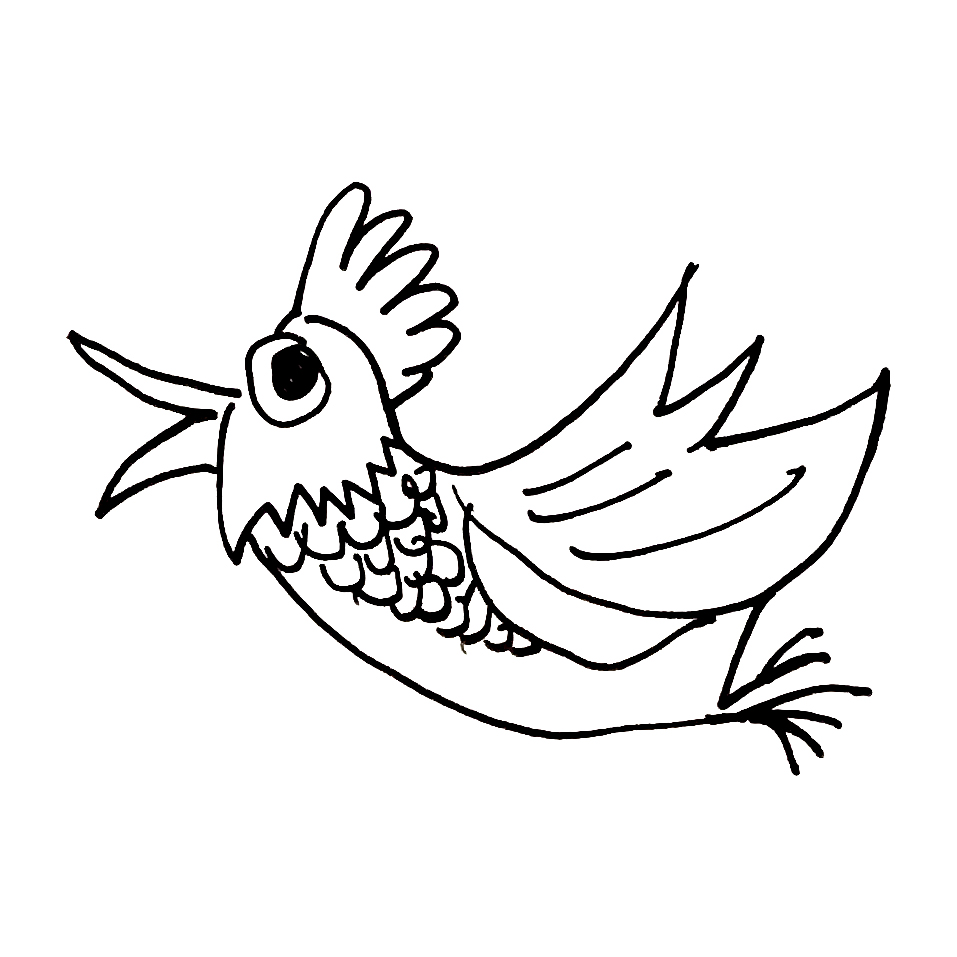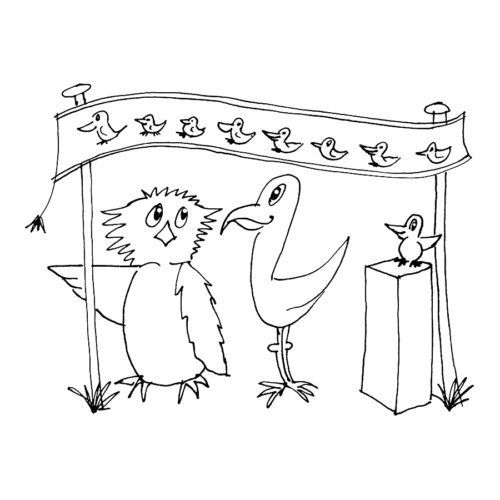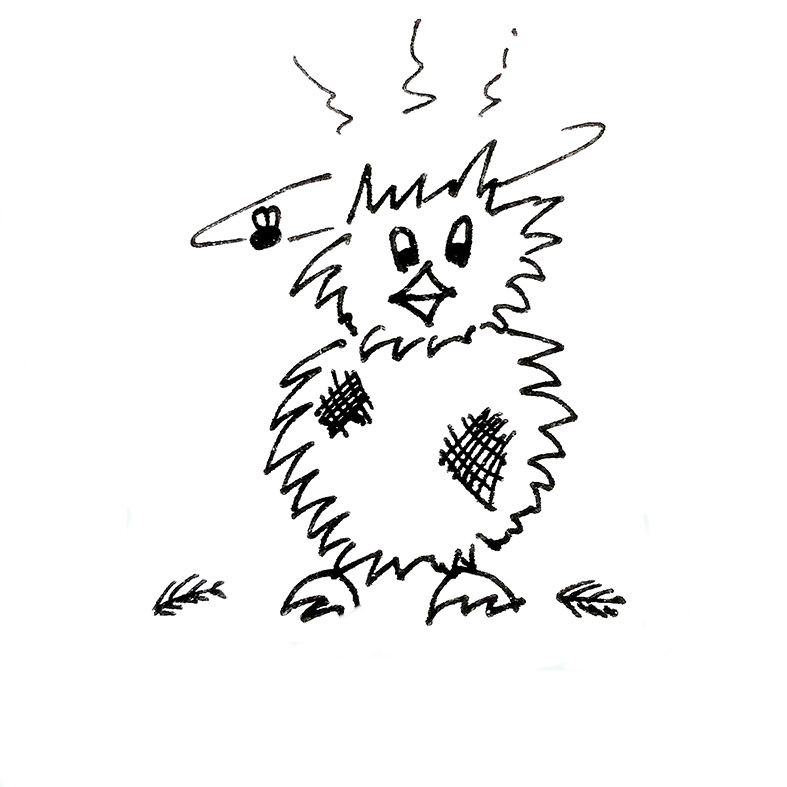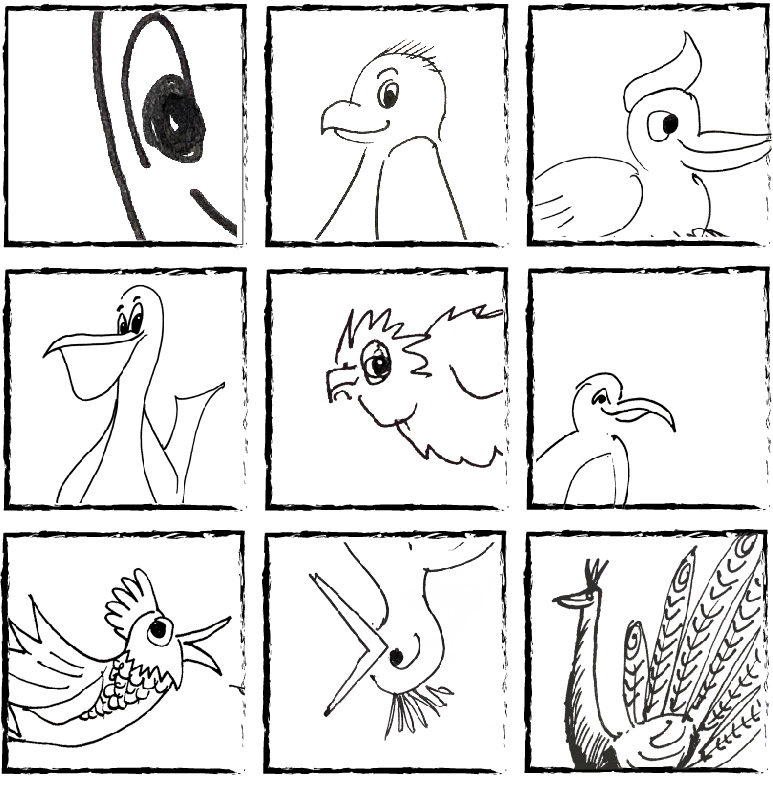A Short Guide to Stress and How to Deal with It
Dr. Jo Clarke PhD
The Important Difference between Stress and Pressure
Stress is not good. It fills our minds with anxiety and worry. We stop thinking clearly and we make ourselves unhappy.
Pressure, however, is different. Pressure is important.
Pressure is the ‘demand to perform’. We are all under pressure all the time and, depending on what we are doing, our levels go up and down. Pressure gets turned into stress by thinking.
To stop pressure turning into stress we need to manage our minds. This can take some practice, but is well worth the effort for our wellbeing and happiness.
How to keep a clear head
Come to your senses… Remember, all our senses (hearing, sight, touch, smell and taste) only work in the present moment, and the present moment is the ONLY one we can manage or influence.
1. If you feel stressed because your mind is running away with you, here are some things to do:
2. Stop and listen. Focus only on what you can currently hear.
3. Pick an object and notice how it feels: warm, cold, rough, smooth…
4. Look around you and describe what you can see, it is probably best to do that in your head rather than out loud!
By doing these things you have brought your mind in to the present, you are not ‘absentminded’.
Absentmindedness is like falling asleep at the wheel of your car at 70 mph, not a great idea!

Think about the situation you are currently in as being like rapids in a river: very fast moving and potentially very hazardous.
The rapids represent an increase in demand to perform, or pressure.
To successfully navigate rapids we need be present with a clear head, not absentminded or with a head full of stress.
When our heads are full of “What if… ” or “If only… “, we can’t think clearly.
Ask yourself, “What’s important now?” It might be a work task; a conversation you should be paying attention to; making a cup of coffee. Whatever it is, if you give it your full attention your mind needs to focus and can’t spin out of control.
Control your attention with compassion and understanding. When you mind spins out of control it can make up horror stories. Treat it like a young child who keeps trying to do something naughty you might try a gentle “OK, enough.” or, if your mind is getting really carried away, a full blown “Stop it!”, but whatever you say, say it kindly, don’t beat yourself up.
If you feel you must worry, here’s what can help…
Give yourself 15 minutes a day to sit down and ‘worry’.
- Set an alarm and go for it!
- When the alarm goes off *WAKE UP* use the techniques we looked at earlier to become present.
- Funnily enough, trying to make yourself worry is likely to lead you to the realisation that worry is a total waste of time, energy and resources.

More ways to think about what can trigger stress and how to deal with it…
Regulate your SOCIAL MEDIA. It is very good at increasing our fears and can add to our anxiety. If you use it to promote your work and business, focus on the positive, valuable and helpful.
When you need information, only get it from official and reputable sources.
Keep a sense of perspective
If something is worrying you:
- Ask someone else’s opinion
- Try listing all the different ways of seeing the same situation
- Advise yourself as you would advise a friend
- Think about how you might see the situation if you weren’t involved in it
- Thank about how you might see the situation looking back on it in six months’ time
All these techniques can help us keep our balance and our minds under control.
Stress and worry can make us tired and we can lose motivation
To combat this we need to manage our energy
- Physically: imagine your body is a finely tuned engine. How are you going to keep it in peak condition? Think about eating well, good sleeping habits, hydrating, exercising regularly.
- Emotionally: negative emotions (stress, anxiety, worry, frustration) are very energy inefficient. Expressing your feelings in words or writing can help you ‘unwind’ and let go of negative emotions. Doing things that are emotionally nourishing like a coffee with a good friend can ‘refill the tank’.
- Mentally: sustained feelings of stress can leave us feeling exhausted. If so, make sure you ‘power down’ regularly and give your mind a rest; read a book, have a nap, talk a walk and be present in nature.
- Spiritually: this is about your personal values and what is most important to you. Make sure you really notice when you feel good about something you’ve done and have your mind fully present when you are doing something you enjoy, are with people you love or simply having a bit of time to yourself.
Finally, when it comes to stress and how to deal with it, think about this…
There is a reason that during a flight emergency we are told to put on our own oxygen mask before helping others. If we pass out we put ourselves in danger and become useless to those around us and, potentially, also hinder their survival.
If we don’t look after our own wellbeing we’re of no use to ourselves never mind anybody else. As an entrepreneur, it pays to understand stress and how to deal with it to support our own success, our families, colleagues and clients.
A Short Guide to Stress and How to Deal with It draws on the work and is published by kind permission of Psychologist and author Dr. Jo Clarke PhD, Founder and Director of Petros. Petros is a not-for-profit company that supports family, individual and workplace mental health around the world.

Find out more about Petros – resilience for life.









